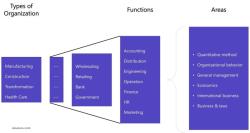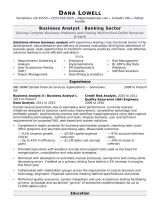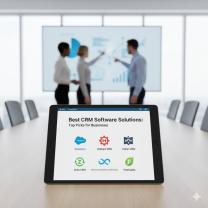What is the job of an accounting manager?
An accounting manager plays a crucial role in overseeing the financial operations of an organization. Their responsibilities and duties are multifaceted and revolve around financial management, reporting, compliance, and team leadership. Here is an overview of the key aspects of an accounting manager's job:
1. Financial Management:
- Budgeting and Forecasting: Develop and manage the organization's financial budgets and forecasts to ensure financial stability and growth.
- Financial Analysis: Analyze financial data, trends, and performance metrics to provide insights and recommendations to senior management.
- Financial Planning: Collaborate with executives to create financial plans and strategies aligned with the company's goals.
2. Financial Reporting:
- Financial Statements: Prepare, review, and analyze financial statements, including balance sheets, income statements, and cash flow statements.
- Compliance: Ensure compliance with accounting standards (e.g., GAAP or IFRS) and regulatory requirements in financial reporting.
- Internal and External Audits: Coordinate internal and external audits, providing necessary documentation and addressing audit findings.
3. Management and Leadership:
- Team Supervision: Oversee the work of accounting staff, providing guidance, training, and performance evaluations.
- Process Improvement: Continuously assess and improve financial processes, controls, and workflows for efficiency and accuracy.
- Resource Allocation: Allocate resources effectively to meet departmental and organizational objectives.
- Policy Development: Develop and enforce financial policies and procedures to maintain financial integrity.
4. Tax and Compliance:
- Tax Management: Ensure accurate and timely tax compliance, including income tax, sales tax, and payroll tax.
- Regulatory Compliance: Stay updated on changing financial regulations and ensure the organization's compliance with tax laws and financial regulations.
5. Risk Management:
- Financial Risk Assessment: Identify financial risks and develop strategies to mitigate them.
- Fraud Prevention: Implement controls and measures to prevent fraud and financial mismanagement.
6. Financial Software and Systems:
- Accounting Software: Utilize accounting software and financial systems to manage financial transactions, records, and reporting.
- Data Integrity: Ensure the integrity, accuracy, and security of financial data and records.
7. Financial Projects:
- Special Projects: Participate in financial projects, such as mergers and acquisitions, system implementations, or cost reduction initiatives.
8. Communication and Collaboration:
- Cross-functional Collaboration: Collaborate with other departments, such as finance, operations, and executive management, to achieve organizational goals.
- Communication: Effectively communicate financial information and insights to non-financial stakeholders.
9. Strategy Development:
- Financial Strategy: Contribute to the development of the organization's financial strategy and long-term financial planning.
An accounting manager is a senior-level position that requires a strong background in accounting, finance, and management. They are responsible for ensuring the accuracy of financial records, compliance with regulations, and the overall financial health of the organization. Effective communication, leadership, and analytical skills are essential for success in this role.













